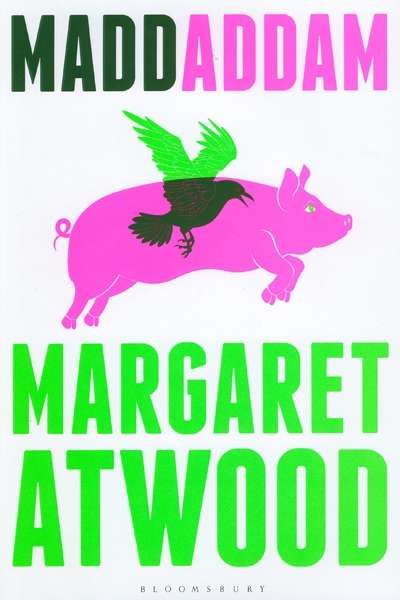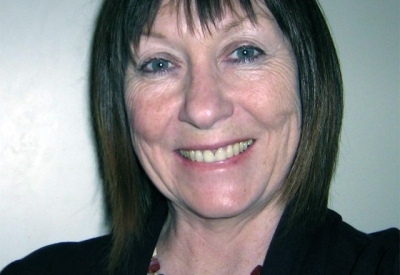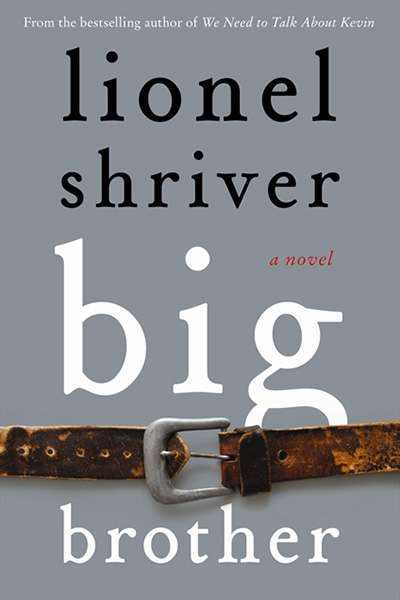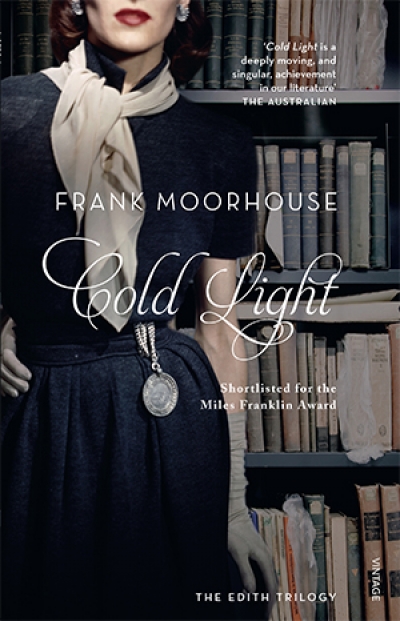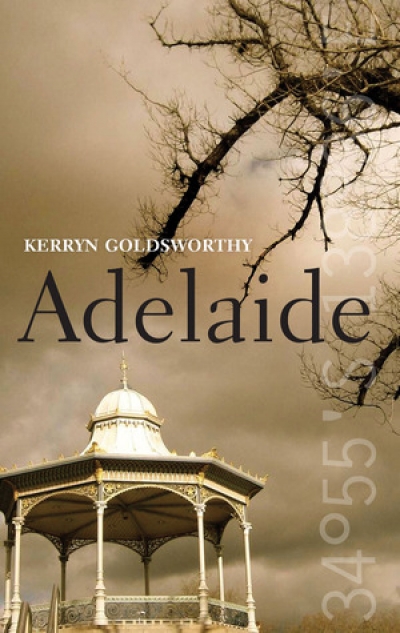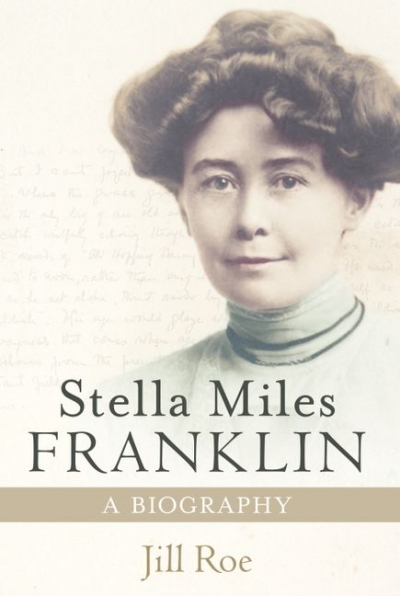Kerryn Goldsworthy
I have ludicrous erotic dreams about dreadfully inappropriate people. I also dream about crashing the car. I hope these two things are not connected.
... (read more)Kerryn Goldsworthy wins the Pascall Prize
Advances was delighted to learn that Kerryn Goldsworthy has won the 2013 Pascall Prize ‘Critic of the Year’. Dr Goldsworthy is a frequent contributor to, and former Editor of, ABR; she reviews Lionel Shriver’s new novel in this issue.
... (read more)Writing first
Dear Editor,
Rock critic Robert Christgau once argued that ‘writing about music is writing first’. His edict puts paid to all those who have erroneously demanded that music reviewers must be musicians themselves or otherwise musically literate. If you can listen to and appreciate music, then you can write about it.
... (read more)‘We place on paper without hesitation a tissue of flatteries, to which in society we could not give utterance, for our lives, without either blushing or laughing outright,’ wrote Edgar Allan Poe in 1846. His title was ‘The Literati of New York City’; his topic was the discrepancy, as he saw it, between the critics’ private opinions of books and the polite reviews of them that appeared in print. Literary criticism in New York in the middle of the nineteenth century, Poe argued, was essentially corrupt: a matter of back-scratching, currying favour, and chasing after influence, power, and money.
... (read more)
